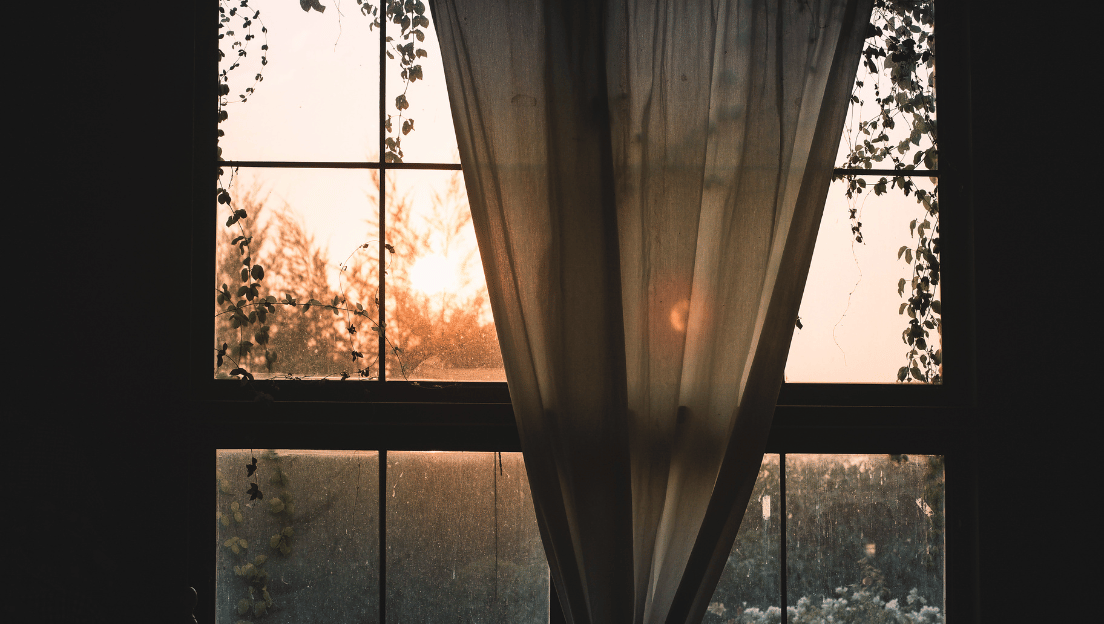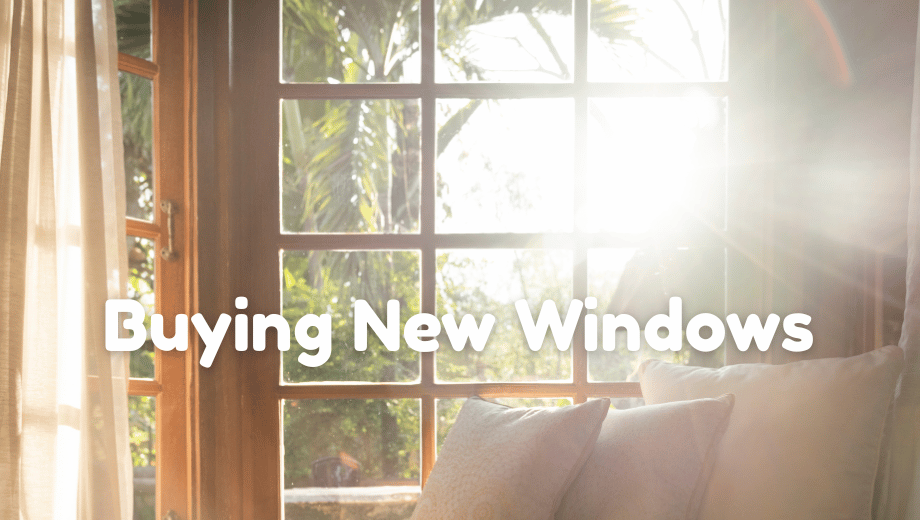Upgrading your windows is one of the most impactful ways to improve your home’s comfort, energy efficiency, and curb appeal. However, window replacement is a significant investment that requires careful planning. With various styles, materials, glazing options, and price points available, it’s important to ask the right questions before making a decision.
Doing your homework helps you find the best value and ensures your new windows meet your needs today and in the years to come. Whether you’re focused on performance, aesthetics, or long-term savings, here are the most important questions to ask before buying new windows.
What Type of Windows Best Suits My Home’s Architecture?
Different homes call for different window styles. Colonial homes often look best with double-hung windows, while modern architecture might favor large picture windows or sliders. If you’re replacing windows in a historic home, consider whether you’ll need custom sizes or designs to maintain its original character.
Think about function as well, casement windows are great for ventilation, while awning windows work well in bathrooms and basements. Make sure the style you choose enhances both the exterior and interior of your space. A design mismatch could impact resale value or even violate HOA rules.
Which Contractor Is Right for the Job?
The quality of your window installation matters just as much as the product itself. A poorly installed window can result in drafts, leaks, and energy inefficiency, regardless of its specs. That’s why you should research contractors thoroughly. You can go now and find a window contractor who has solid reviews, is licensed and insured, and provides clear warranties for both labor and materials. Ask if the contractor is factory-certified by the window manufacturer, as this can often extend your warranty coverage and guarantee better workmanship.
It’s smart to request references, ask for a portfolio of past projects, and compare multiple estimates. Transparency and communication are crucial; don’t hesitate to walk away from contractors who pressure you or can’t answer your questions confidently.
What Materials Are Best for My Climate and Lifestyle?
Window frames come in several materials, each with unique benefits. Vinyl is affordable and energy-efficient, but may not be as durable in very hot climates. Wood offers a classic look and great insulation, but requires regular maintenance. Fiberglass and composite frames are more expensive but offer excellent durability and thermal performance.
Consider your local climate, home exposure, and how much time you’re willing to invest in upkeep. In coastal areas, materials that resist salt and moisture are a must. For busy homeowners, low-maintenance frames and finishes may be worth the extra cost.
Ask about the glazing options. Double- or triple-pane windows with gas fills and Low-E coatings can significantly improve insulation, reduce outside noise, and block harmful UV rays.
How Will This Impact My Energy Bills?
One of the top reasons for replacing windows is to cut down on heating and cooling costs. Energy-efficient windows prevent drafts, reduce solar heat gain in summer, and help retain indoor warmth in winter. Ask to see the NFRC (National Fenestration Rating Council) label, which provides information on U-factor, solar heat gain coefficient (SHGC), and air leakage ratings.
Windows with ENERGY STAR certification meet strict efficiency standards for your climate zone. While these options may cost more upfront, the long-term savings on your energy bills and potential tax incentives or rebates often offset the higher price.
You should ask how the installation itself will enhance energy efficiency. Proper sealing, insulation, and fitting play a crucial role in ensuring performance.
What’s the Warranty and What Does It Actually Cover?
Window warranties vary widely, so don’t assume all “lifetime” warranties are the same. Find out exactly what’s covered, for how long, and whether the warranty transfers if you sell your home. Key elements to clarify include:
- Frame and sash coverage
- Insulated glass seal failure
- Hardware malfunction
- Installation labor
Ask whether the manufacturer or the installer is responsible for each part of the warranty. Be cautious of companies that offer vague or extremely limited coverage; it may be a red flag about their product quality or service reliability.

What’s the Total Cost, and What’s Included in the Estimate?
Understanding the full cost of a window replacement project goes beyond the price tag on the windows themselves. Installation labor, custom sizing, permits, trim work, cleanup, and disposal of old windows can all influence the final bill.
Ask for a detailed, written estimate that outlines all aspects of the job. Make sure it includes both the materials and installation. Clarify whether there are any potential extra charges and how change orders are handled.
Don’t automatically go with the lowest bid. A suspiciously cheap estimate might indicate shortcuts in materials or workmanship. Instead, look for competitive pricing from a contractor who is transparent and experienced.
Window replacement is a major home improvement project, but asking the right questions turns it from daunting to doable. By carefully evaluating contractors, materials, performance metrics, warranties, and long-term benefits, you’ll be better equipped to make an informed and confident decision.
Remember, your windows should serve your home for decades, make sure the investment pays off with comfort, efficiency, and visual appeal that stands the test of time.




